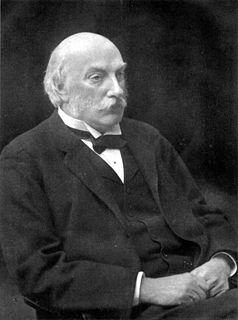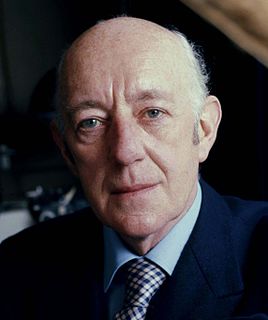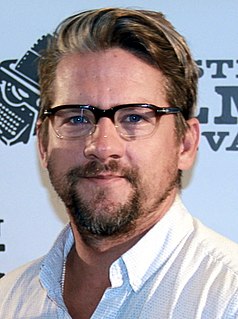A Quote by Cynthia Ozick
There's a paradox in rereading. You read the first time for rediscovery: an encounter with the confirming emotions. But you reread for discovery: you go to the known to figure out the workings of the unknown, the why of the familiar how.
Related Quotes
The mind, conditioned as it is by the past, always seeks to re-create what it knows and is familiar with. Even if it is painful, at least it is familiar. The mind always adheres to the known. The unknown is dangerous because it has no control over it. That's why the mind dislikes and ignores the present moment.
You know the known, so go a little into the unknown. The mind that is caught up in the known - extended a little beyond reason. The moment you go beyond , you move in the soul. Releasing the bondage of your mind to extend further, reach the unknown a little more. The further you go, you realize that the known is limited and the unknown is vast.
Evaluate. Long experience had taught me to evaluate and assess. When the unexpected gets dumped on you, don’t waste time. Don’t figure out how or why it happened. Don’t recriminate. Don’t figure out whose fault it is. Don’t work out how to avoid the same mistake next time. All of that you do later. If you survive.
Faith, to be faith, must center around something that is not known. Faith, to be faith, must go beyond that for which there is confirming evidence. Faith, to be faith, must go into the unknown. Faith, to be faith, must walk to the edge of the light, and then a few steps into the darkness. If everything has to be known, if everything has to be explained, if everything has to be certified, then there is no need for faith. Indeed, there is no room for it.
Someone once said that middle age is like rereading a book that you haven't read since you were a callow youth. The first time around you were dazzled by impressions, emotions, and tended to miss the finer points. In middle age you have the equipment to see the subtleties you missed before and you savor it more slowly.
I feel most badly, though, [because] after 10 years, I was at the company, I wanted to go back to New York where I was from. Why I didn’t go to Steve Jobs and say, ‘Steve, let’s figure out how you can come back and lead your company.’ I didn’t do that, it was a terrible mistake on my part. I can’t figure out why I didn’t have the wisdom to do that. But I didn’t. And as life has it, shortly after that, I was fired.






































